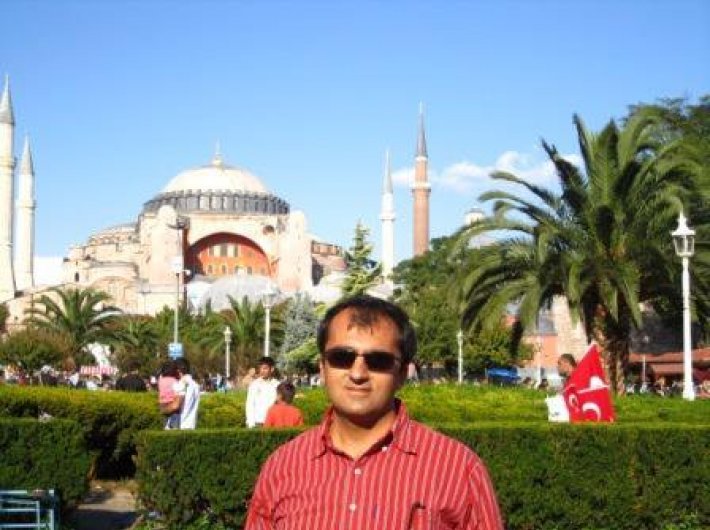The work on Sunder Nursery, a lush green refuge from urban chaos in central Delhi, started in 2007, when the Aga Khan Trust for Culture (AKTC) undertook a conservation and renewal project. The 90-acre complex houses 15 monuments (out of which six date back to the 16th century), over 300 varieties of trees (making it Delhi’s first arboretum), lotus-shaped marble fountains, sandstone pathways, water bodies, an amphitheatre and a bonsai enclosure. Right next to the park sits the majestic Humayun’s tomb. Ratish Nanda of the Aga Khan Trust for Culture (AKTC), the man behind the mission to restore what has come to be known as Delhi’s ‘Central Park’, spoke to us about the effort.
What prompted you to restore, conserve and renovate the Sunder Nursery?
The Sunder Nursery development is part of the larger Nizamuddin Urban Renewal Initiative being undertaken by the AKTC in partnership with the Archaeological Survey of India, Central Public Works Department and the South Delhi Municipal Corporation.
The project has, since 2007, undertaken conservation of over 50 monuments of which 12 were designated World Heritage Sites by UNESCO in 2016. Similarly, through multiple efforts – health, education, sanitation, housing improvement, vocational training – the quality of life for residents of Hazrat Nizamuddin Basti is being improved.
The project took over a decade. Did you at any point feel stuck somewhere?
Projects of such scale require long periods of time as survey, documentation, approvals, design, negotiation with public partners and finally implementation require adequate time, financial and human resources. Though it’s been 10 years, annual objectives were set each year for all project components.
How do you plan to maintain the park?
In January this year, we signed a follow-up agreement with the public partners to manage the park with the twin objectives of high levels of maintenance and achieving financial sustainability.
We also hope to influence behavioural change and make visitors responsible for their behaviour; not only do we plan to ensure cleanliness and security but also effect a plastic-free zone in the park. We will be involving community volunteers to effectively police the park.
Today Delhi is filled with malls at every corner. Would Sunder Nursery be able to draw crowds?
This is possibly the first such major urban development project undertaken by a non-governmental agency in India. We hope the success of this effort will inspire many more such initiatives in India.
However, this effort is in line with parks we have created in several countries such as Egypt, France, Canada, Afghanistan, Mali, Zanzibar and Syria. As with other countries we are confident that the Sunder Nursery will be a big draw for Delhi’s citizens.
Have heritage walks helped in recreating the interest in the city’s monuments and culture?
Heritage walks are a huge draw, possibly due to a renewed interest in the city’s history. As part of the Nizamuddin Urban Renewal Project, we have established a community youth group – Sair e Nizamuddin – to walk heritage enthusiasts through the bylanes of Nizamuddin.
How do you link your heritage projects to development?
AKTC’s Nizamuddin Urban Renewal Initiative has aimed to demonstrate how conservation effort can lead to significant socio-economic development through job creation, increase in tourism, creating capital assets and simultaneous action on multiple fronts and thus meet government objectives for national development. The project has helped meet all the UN Millennium Development Goals.

